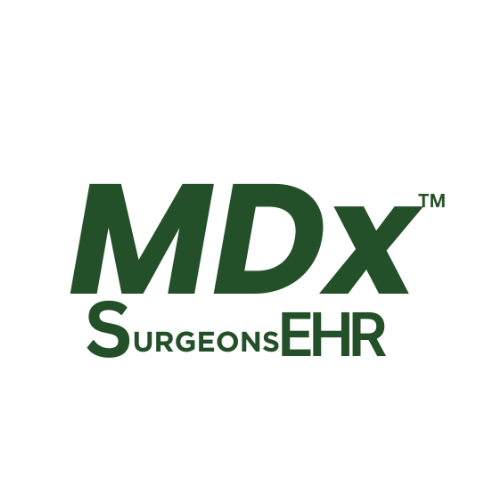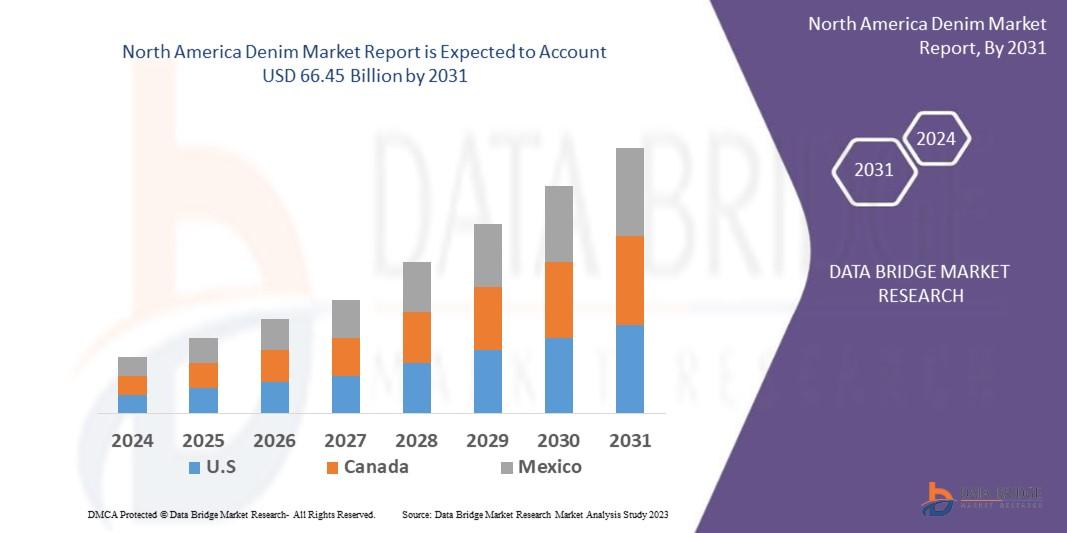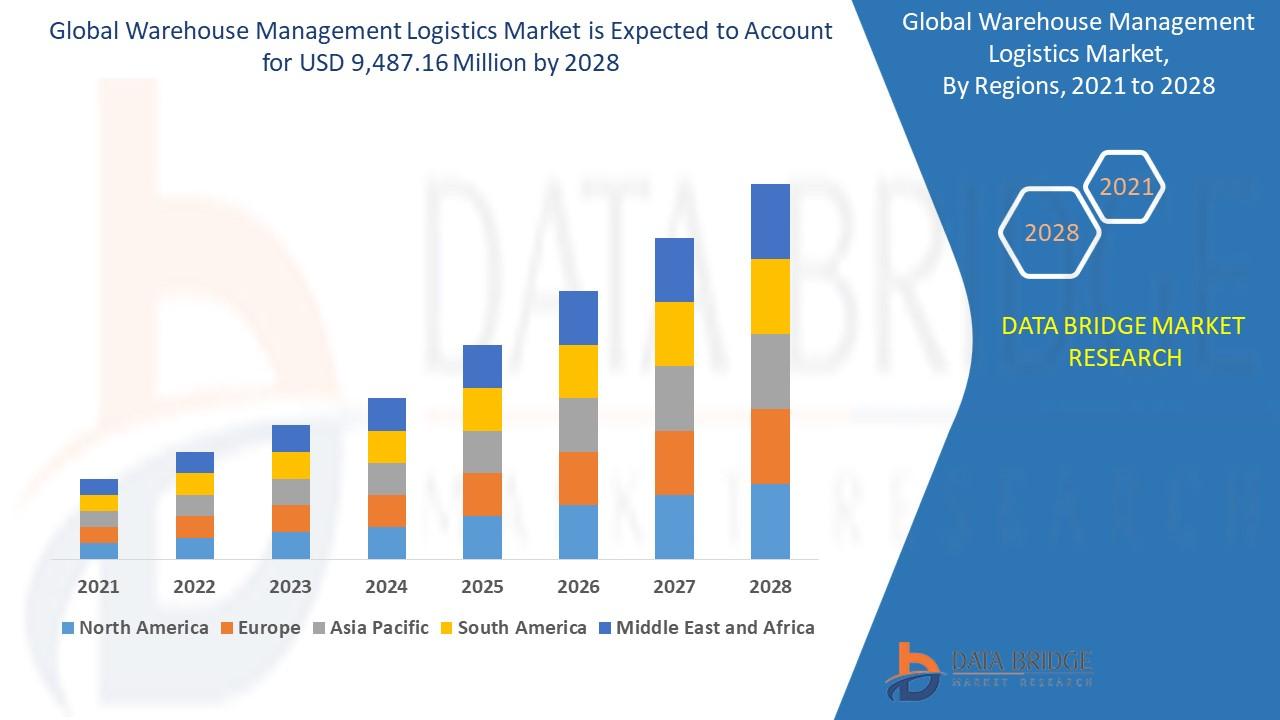Medical Coding in 2025: The Rise of AI and Automation

Medical coding has always been the backbone of healthcare billing, ensuring that every diagnosis, treatment, and procedure is translated into standardized codes for reimbursement. But as healthcare grows more complex, traditional manual coding struggles to keep pace with payer demands, regulatory changes, and the sheer volume of documentation.
In 2025, AI and automation are reshaping medical coding—turning a once error-prone and time-consuming task into a streamlined, accurate, and efficient process. In this blog, we’ll explore how medical coding is evolving, the role of AI, and why platforms like MEDENDx are driving this transformation.
The Challenges of Traditional Medical Coding
Before diving into AI’s role, it’s important to understand why traditional coding faces limitations:
-
High error rates: Manual coding is vulnerable to mistakes that lead to claim denials.
-
Time-consuming: Coding each patient encounter can take hours.
-
Complex regulations: Frequent updates to ICD-10, CPT, and payer guidelines overwhelm coders.
-
Workforce shortages: The demand for skilled coders often exceeds supply, adding pressure on practices.
These challenges create revenue cycle inefficiencies—something AI and automation are now solving in 2025.
1. AI-Powered Clinical Documentation Analysis
AI systems equipped with natural language processing (NLP) can now read physician notes, discharge summaries, and SOAP notes to identify relevant diagnoses and procedures. Instead of relying solely on human coders, AI suggests accurate ICD-10 and CPT codes in real time.
At MEDENDx, this integration ensures coding precision, reduces claim errors, and accelerates billing turnaround times.
2. Automation in Routine Coding Tasks
Not every coding task requires human decision-making. Many repetitive coding functions—like assigning codes for common lab tests or routine procedures—are now handled by automation.
This allows medical coders to focus on more complex cases while AI handles the bulk of standard claims. The result is higher productivity and reduced backlog.
3. Real-Time Compliance and Updates
Keeping up with regulatory updates has always been a headache for medical coders. AI-driven platforms automatically integrate the latest changes to ICD-10, CPT, and payer-specific requirements.
MEDENDx ensures compliance by updating coding protocols in real time, helping providers stay aligned with evolving healthcare regulations.
4. Reducing Claim Denials with Predictive Analytics
Denials often stem from inaccurate or incomplete coding. AI now uses predictive analytics to flag potential errors before submission. For example, if a diagnosis and procedure code combination is likely to trigger a denial, AI alerts coders to make corrections instantly.
By preventing mistakes before they happen, MEDENDx helps providers boost their first-pass acceptance rate and recover revenue faster.
5. Enhancing Efficiency with Virtual Staffing
The shortage of certified coders remains a challenge in 2025, but virtual staffing combined with AI is bridging the gap. AI handles the heavy lifting of code suggestions, while remote coding specialists validate complex cases.
This hybrid model—offered by MEDENDx—ensures healthcare providers can scale operations without compromising accuracy or compliance.
6. Better Insights Through AI Analytics
AI doesn’t just code—it also provides insights. By analyzing patterns in coding data, healthcare organizations can identify common errors, staff training needs, and opportunities for process improvement.
These insights empower providers to strengthen compliance and improve long-term revenue cycle outcomes.
The Future of Medical Coding with AI
As AI continues to evolve, we can expect even more advancements in medical coding by:
-
Fully automated end-to-end claim preparation
-
Enhanced interoperability with EHRs
-
Advanced fraud detection through anomaly spotting
-
Personalized AI models trained on specialty-specific coding
With platforms like MEDENDx, the future of medical coding is not just faster and more accurate—it’s also smarter, proactive, and revenue-driven.
Conclusion
Medical coding in 2025 looks very different from just a few years ago. Thanks to AI and automation, the process is now more efficient, accurate, and compliant than ever before. Providers no longer need to worry about manual errors, coding backlogs, or frequent regulatory updates—AI takes care of it all.
At MEDENDx, we’re helping healthcare organizations embrace this future today with AI-powered coding tools that simplify workflows, improve claim accuracy, and maximize revenue. For providers looking to stay ahead in 2025, adopting AI-driven coding is not just an option—it’s a necessity.






